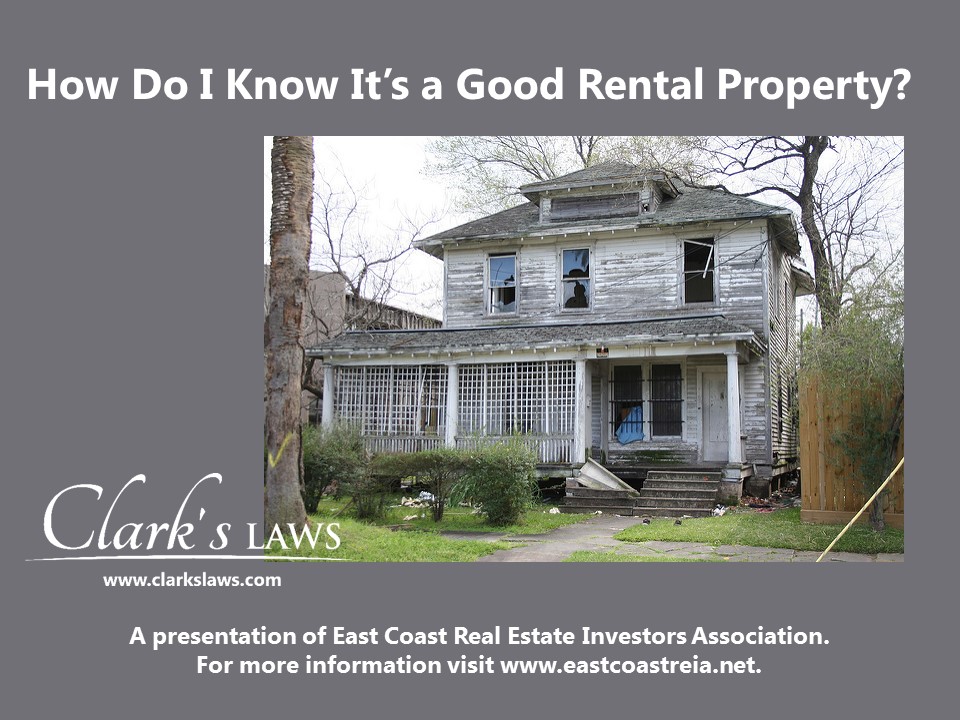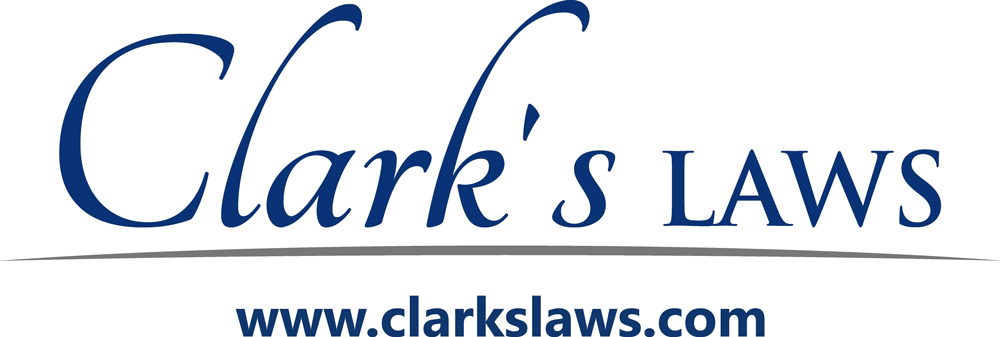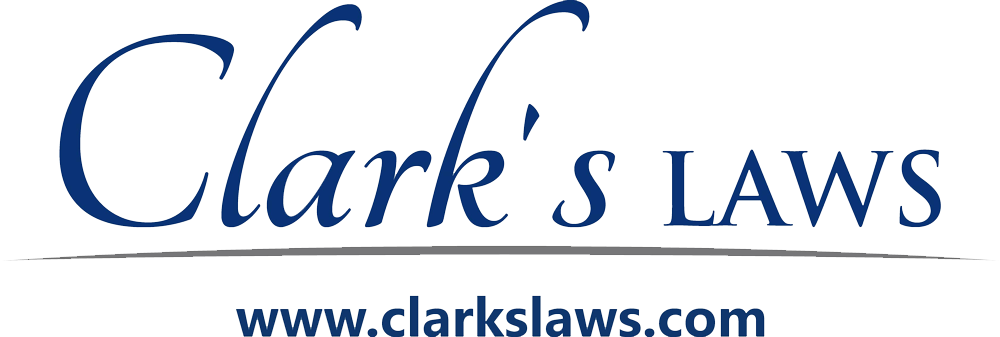
How Do I Know It’s a Good Rental Property?
The following is a clip from a presentation that attorney, Jim Clark made to the East Coast Real Estate Investors Association (“ECREIA”) in March, 2019 entitled: “Landlord Advocacy: The Legalities of the Residential Buy & Hold Model on Long Island.”
Mr. Clark will be leading a follow-up discussion on these topics, and specifically how they’ve changed under the New York Housing Stability & Tenant Protection Act of 2019 at the monthly meeting of ECREIA at 6:30pm on September 25, 2017 at Domenico’s Restaurant at 3270-A Hempstead, Tpke, Levittown, NY 11756. To learn more about ECREIA, click here.
In this clip, Mr. Clark discussed how most problems landlords deal with are best handled by being in the right mindset. What is that mindset and how can you use it?
Video clip transcript below. To view the full presentation, click here.
During this presentation, Mr. Clark discusses solutions to some of the most common legal issues landlords face including:
- How to hold title to a rental property
- How do I know if it’s a good rental property?
- Marketing Strategies For Your Rental Property
- Applications and Tenant Background Checks
- Anti-Discrimination Laws Effecting Long Island Residential Rentals
- What About Lease Agreements
- How About Security Deposits
- Collecting Rent
- What To Do When a Tenant Doesn’t Pay
- The Landlord Mindset
East Coast Real Estate Investors Association is a member group of National REIA and conducts monthly educational and networking meetings for real estate investors. To learn more about ECREIA go to http://www.eastcoastreia.net.
For more information, or if you need help with a landlord-tenant or eviction matter, please contact us.
Full Video Transcript:
How Do I Know It’s a Good Rental Property?
Landlord Advocacy: Legalities of the Residential Buy & Hold Business Model on Long Island.
Another question I get all the time is, “How do I know it’s a good rental property?” Well, since we’re talking about the legal aspects of it, I’m not going to really get into the financial and the physical characteristics, even though they’re very simple calculations. But the legal considerations when somebody asks me, “Is this is a good rental property?” It’s all about its compliance with the building codes. And what does the CO say? And are all the improvements on it legal?
If they’re not, it’s a minefield of problems, and I’ll tell you why. First of all, everybody here knows what a CO is, basically it’s the piece of paper that the town has, it says what’s on the property and what’s legal. It runs with the land. On the other hand you have things like permits, rental permits, those are personal to the owner. When you buy a property, you don’t get the benefit of that rental permit, you get the benefit of knowing that it was permittable at some point, but you don’t get the rental permit.
So, when you’re buying a rental property you want to make sure that all the improvements on it are legal. If they’re not, you want to factor in what is it going to cost to get it legal? And that means everything. How many bedrooms does it have? I have one client now that’s wrestling with the town of Brookhaven, because they’re saying they want to give him a rental permit for a three bedroom house, but he has a fourth bedroom in the basement. This is making a difference on the amount of rent he’s going to get with a Section 8 tenant. And so he’s probably not going to get that fourth bedroom, because it’s in a basement. A little detail in the CO, he would have been able to figure that out and price it in differently.
Another thing is the law recently changed, end of November 2017, so a little more than a year ago now. And they added a section to the real property law that protects tenants against houses that don’t have a CO for the improvements that are on them. So from the time that law was passed, when you enter into a lease with a tenant, you’re required, in your lease, to disclose what’s on the CO and that everything is legal, that all the improvements are legal.
What are the consequences for not doing that? Well, your lease is void. And the statute was written pretty strictly, and it’s not something you can write a paragraph in your lease that said, “Tenant waives the right to see a CO.” You can’t waive it. So, a lot of people end up getting leases and they think they have lease, but it ends up being void because of this new law.
To enter a written lease, that written lease now must include information about the CO. When I do it now, we include it as an exhibit. Now let’s just say you have a CO, but the CO doesn’t have everything legal. My people are saying, “Well, I’ll just attach the CO and it will be fine, right?” No, it’s not going to be fine if you have improvements that aren’t listed on that CO. The lease still would be void.
What happens if a lease is void? Now all those terms that you worked to put in to dictate how the relationship is going to play out, gone. You got a month-to-month tenancy that’s based on the statute. If you want to terminate it, look at the statute, all of your lease provisions that say if you got to evict somebody you get additional rent like attorney’s fees, gone. So, just something to think about.
My recommendation, after that, is to make sure your property is in compliance. Get a good look at your COs before you buy it. And if you have properties, pull the CO anyway, get a look at it and see if you’re in compliance. That you know that when you do enter your lease next time, you can actually have a lease as opposed to a voided lease.

